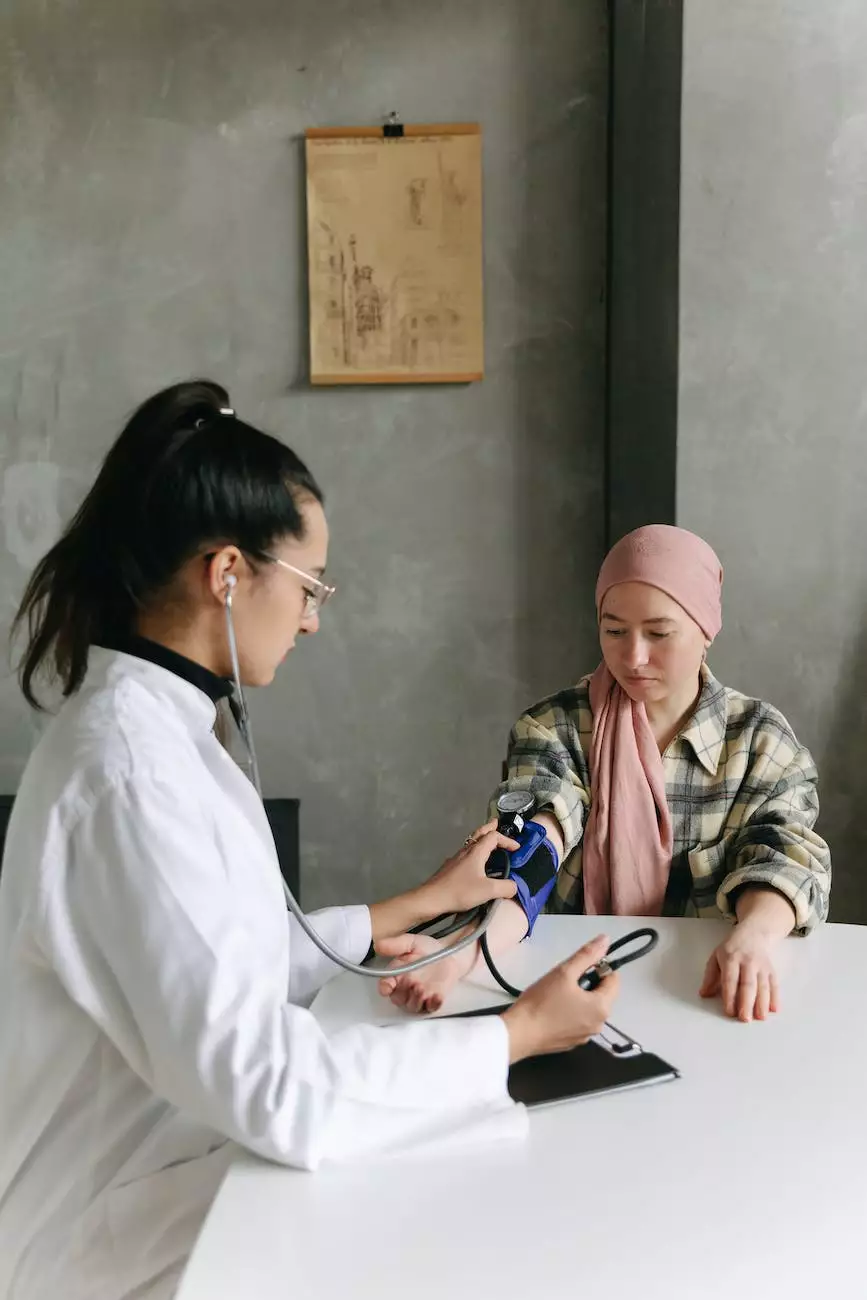Causes And Symptoms Of Primary Sclerosing Cholangitis

Understanding Primary Sclerosing Cholangitis (PSC)
Primary Sclerosing Cholangitis (PSC) is a chronic liver disease that affects the bile ducts. It is characterized by inflammation, scarring, and narrowing of the bile ducts, which disrupts the flow of bile from the liver to the gallbladder and small intestine.
The Causes of Primary Sclerosing Cholangitis
The exact cause of PSC is still unknown. However, research suggests that autoimmune factors play a significant role in the development of this condition. The immune system mistakenly targets the bile ducts, leading to inflammation and subsequent scarring.
Some studies have also linked PSC to genetic factors, as it tends to run in families. However, having a family history of PSC does not guarantee that an individual will develop the condition.
Common Symptoms of Primary Sclerosing Cholangitis
The symptoms of PSC can vary from person to person, and some individuals may remain asymptomatic for a long time. However, as the disease progresses, the following symptoms may occur:
- Abdominal pain and discomfort
- Fatigue and tiredness
- Itching (pruritus)
- Jaundice (yellowing of the skin and eyes)
- Weight loss
- Chills and fever
- Nausea and vomiting
Diagnosing Primary Sclerosing Cholangitis
A proper diagnosis of PSC requires a combination of medical history evaluation, physical examination, and various diagnostic tests. These tests may include:
- Liver function tests
- Imaging tests (such as an MRI or CT scan)
- Endoscopic retrograde cholangiopancreatography (ERCP)
- Liver biopsy
- Cholangiography
Treatment Options for Primary Sclerosing Cholangitis
While there is no definitive cure for PSC, several treatment options can manage the symptoms and slow down the progression of the disease. These treatment approaches may include:
- Medications to relieve symptoms and reduce inflammation
- Endoscopic therapy to open narrowed bile ducts
- Stenting to improve bile flow
- Liver transplantation in severe cases
Lifestyle Changes and Coping Strategies
Living with PSC can be challenging, but certain lifestyle changes can make a significant difference in managing the condition effectively. These include:
- Following a healthy diet low in fat and high in fiber
- Avoiding alcohol and certain medications that may worsen liver health
- Regular exercise and weight management
- Stress management techniques
Additionally, joining support groups and seeking emotional support from loved ones can help individuals cope with the physical and emotional challenges associated with PSC.
Conclusion
In conclusion, Primary Sclerosing Cholangitis is a chronic liver disease with no known cure. However, with proper medical care, symptom management, and lifestyle modifications, individuals with PSC can lead fulfilling lives. If you suspect any symptoms or have concerns about PSC, it is essential to consult a healthcare professional for an accurate diagnosis and appropriate treatment options.




